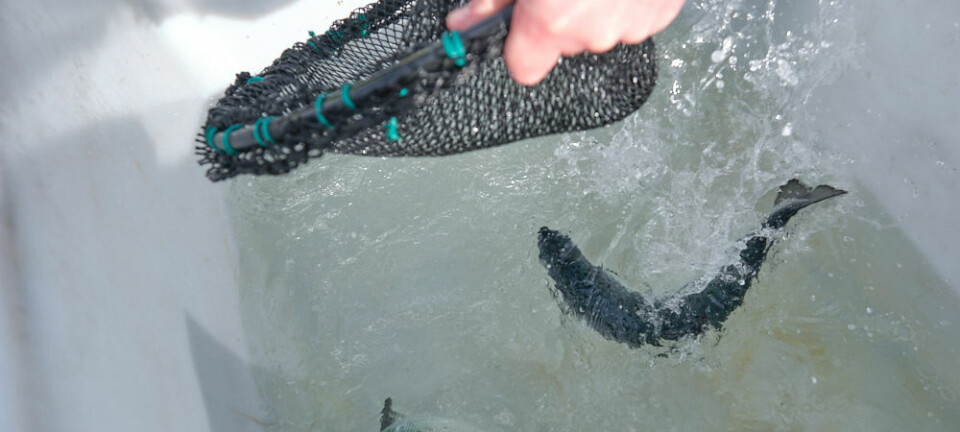
Punishments can be tough if cartel is proved, say lawyers
Salmon farmers suspected of acting as a cartel to keep prices high may face serious punishments if the allegations are proved, according to Norwegian legal experts in the field.
On Tuesday, Grieg Seafood Shetland, Mowi Scotland’s office at Rosyth in Fife, and the Scottish Sea Farms office in Stirling were subjected to unannounced inspections by the European Commission’s competition watchdog.
Although the raids took place in Scotland, it is believed the EC was looking for evidence about alleged price-fixing by the farmers’ parent companies in Norway, outside the watchdog’s immediate jurisdiction. Scottish Sea Farms is owned jointly by Norwegian firms SalMar and Lerøy, and Scotland’s other volume salmon farmers, Cooke Aquaculture and the Scottish Salmon Company, were not inspected.
Torben Foss, a lawyer with PwC, is one of Norway’s most experienced lawyers when it comes to the relationship between the Norwegian seafood industry and the EU. The law firm, consulting and auditing company also has extensive experience in both competition law and economy. Senior manager Even Tukun - former senior advisor in the Norwegian Competition Authority - is part of this competence.
Foss and Tukun emphasise that PwC is not involved in the case in question. They do not think there is a lot of substance to the charges the companies are exposed to.
Misunderstandings
“We assume that this case is based on misunderstandings. This is probably a result of a regular check of industries with high profitability,” they say.
Foss says that in Norway, sales cooperation is actually encouraged by the authorities in agriculture and fishing. But at the same time he points out that this does not apply to the aquaculture industry, where common competition rules apply.
“During the dumping cases 10-15 years back, the Commission believed that the Norwegian aquaculture industry collaborated closely, but it eventually gave up the attempts to prove it,” he adds.
The PwC lawyers believe that the rules that apply are "infame".
“Anyone who participates in any such co-operation - even the one who takes the lead - can free himself from the financial responsibility by implicating the others.”
Powerful sanctions
If it turns out that the alleged price fixation is correct, what consequences will this have for the companies?
“Then the companies that are involved will be liable to receive fines of up to 10% of the company’s annual turnover. There will also be a risk of litigation from customers and others affected by the illegal cooperation. There is also a theoretical possibility that employees who are involved will be convicted.”
For Mowi alone, that means the fines could theoretically reach €380 million, about NOK 3.7 billion. In that case, it would shake the company, which had a total profit in 2018 of approximately NOK 5.5 billion.
The PwC lawyers also believe that a company will definitely suffer a loss of reputation when violating the Competition Act. They talk about the Competition Authority’s own survey among business leaders, which shows that the companies themselves believe that the loss of reputation is the main reason to stay on the right side of the law.
“Since the other sanctions in the event of a violation of the Competition Act - fines, compensation lawsuits and personal sentences - are serious, this says a bit about the significance of the reputation loss,” they say.
Cases can take years
The lawyers say that the Commission will often take investigative steps based on tips or applications for amnesty against criminal cases - so-called easing - and believe this may be the background for the raid on the various companies. They also emphasise that the Commission can open investigation cases on its own initiative after, for example, having carried out general surveys of an industry.
Having raided the fish farmers’ offices in Scotland, and in other EU member states, the Commission will now begin processing the case which, according to the lawyers, often lasts several years before the final decision has been made.
“Before the final decision, the Commission will send a notice to the parties so that they have the opportunity to comment. The decisions of the Commission can be reviewed by the European Court of Justice,” they say.























































